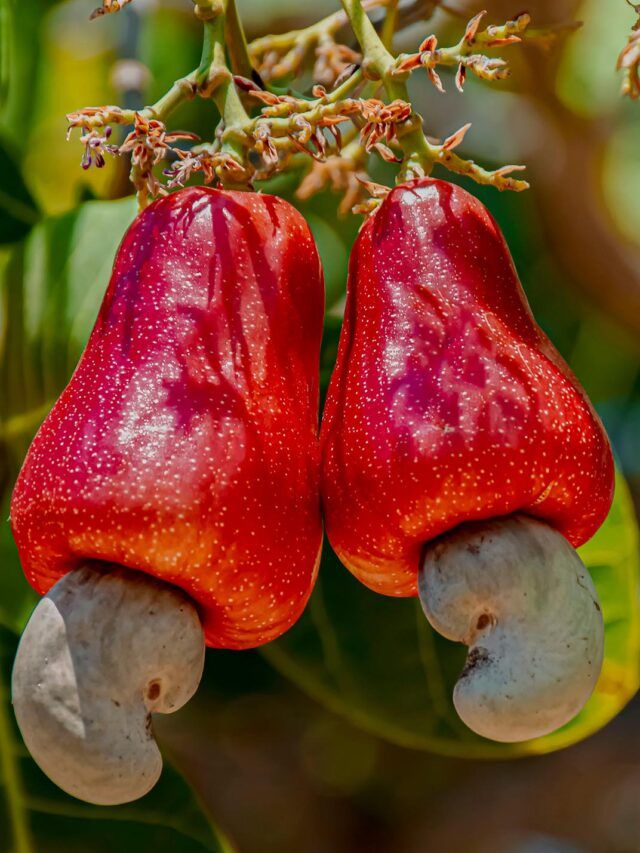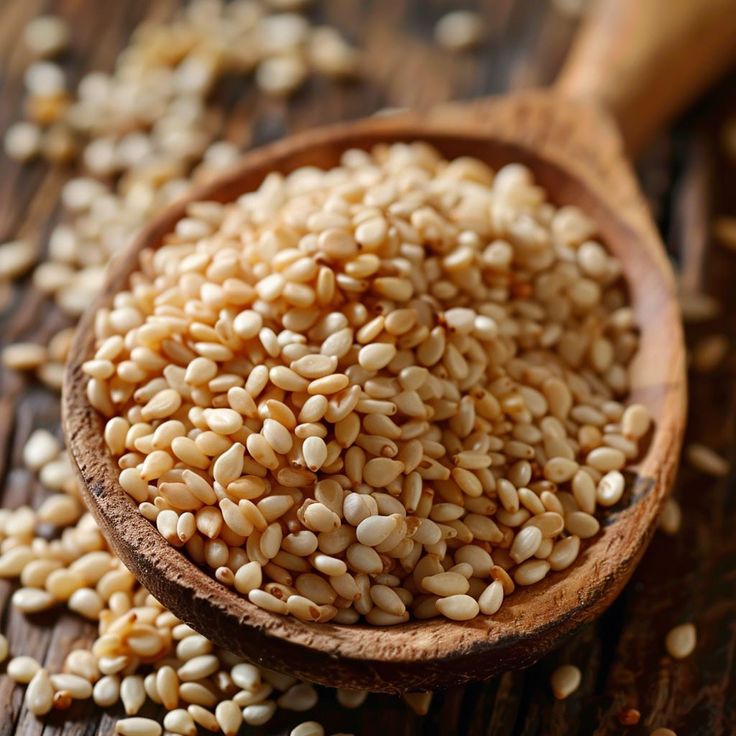Cashew nuts are one of the world’s most sought-after edible nuts, prized for their delicate taste, buttery texture, and rich nutritional value. Over the past decade, global demand for cashew kernels has grown steadily, driven by rising health awareness, the popularity of plant-based diets, and the increasing use of cashew in confectionery, snacks, dairy alternatives, and culinary applications.
 Why Cashew Nuts Are in High Demand
Why Cashew Nuts Are in High Demand
-
Nutritional Benefits – Cashews are an excellent source of healthy fats, protein, vitamins, and minerals, making them a favorite among health-conscious consumers.
-
Culinary Versatility – Used in snacks, bakery products, dairy substitutes (such as cashew milk and cheese), confectioneries, and even savory dishes.
-
Health Trends – Growing global preference for plant-based proteins and clean-label snacks has positioned cashews as a premium, health-friendly option.
The Cashew Nut Value Chain
Exporting cashew nuts involves multiple steps to ensure quality, safety, and compliance with international trade standards:
-
Sourcing – Procuring high-quality raw cashew nuts from reputable farms.
-
Processing – Shelling, peeling, grading, and roasting (optional) to meet buyer specifications.
-
Quality Control – Ensuring moisture content, kernel grading, and appearance meet export requirements.
-
Packaging – Using vacuum-sealed or nitrogen-flushed pouches, often in 10kg, 25kg, or 50lb cartons for bulk buyers.
-
Shipping – Typically transported in refrigerated containers to maintain freshness during transit.
Cashew Nut Grades & Types

International buyers often require specific grades based on size, color, and breakage. Common grades include:
-
W180 – “King of Cashews” – large size, premium price.
-
W210 – Jumbo kernels.
-
W240 – Popular mid-size cashews.
-
W320 – Most widely traded grade due to balanced size and price.
-
W450 – Smaller kernels, more affordable for mass production.
Cashews can also be exported as:
-
Raw Cashew Nuts (RCN) – Unprocessed form for international processors.
-
Processed Cashew Kernels – Ready-to-eat or for industrial use.
-
Flavored Cashews – Roasted, salted, honey-coated, or spiced for retail markets.
Major Importing Markets
The global cashew market is dominated by strong demand from:
-
USA – Large consumer base for snacks and confectionery.
-
European Union – Countries like Germany, Netherlands, and UK are major importers.
-
Middle East – UAE, Saudi Arabia, and others serve as both consumers and re-export hubs.
-
Asia-Pacific – China, Japan, and South Korea have growing demand for premium cashew products.
Export Requirements & Standards
To successfully export cashew nuts, suppliers must adhere to international regulations such as:
-
Food Safety Standards – Compliance with HACCP, ISO, or equivalent certifications.
-
Residue & Contaminant Limits – Ensuring aflatoxin levels are within permissible limits.
-
Proper Documentation – Commercial invoice, packing list, phytosanitary certificate, certificate of origin, and export permits.
Why Cashew Nut Export Is Profitable
-
High Global Demand – Consumption continues to grow annually.
-
Value Addition Potential – Roasted, flavored, and packaged cashews command higher margins.
-
Year-Round Trade – Cashew can be stored and traded throughout the year, ensuring steady revenue streams.
How IMEN GREEN GLOBAL LIMITED Fits In
At IMEN GREEN GLOBAL LIMITED, we specialize in sourcing premium-grade cashew nuts directly from trusted growers. We process and package according to international buyer specifications, ensuring quality consistency and timely delivery.
Our offerings include:
-
Bulk raw cashew nuts (RCN)
-
Processed white cashew kernels in multiple grades (W180–W450)
-
Custom-flavored and packaged cashews for retail-ready distribution
Conclusion:
The cashew nut export market offers incredible opportunities for both seasoned and new players in the global trade sector. With the right sourcing, quality control, and market targeting, exporters can build sustainable business relationships and enjoy consistent profitability.







